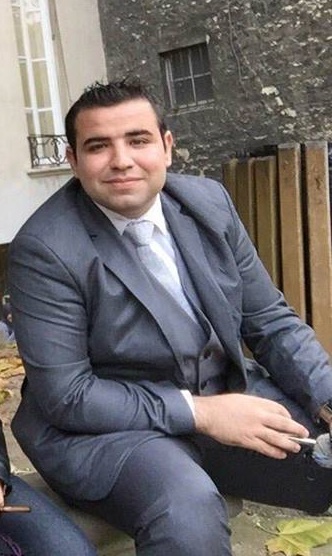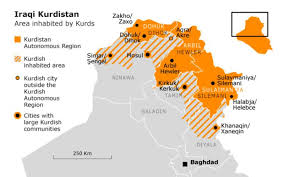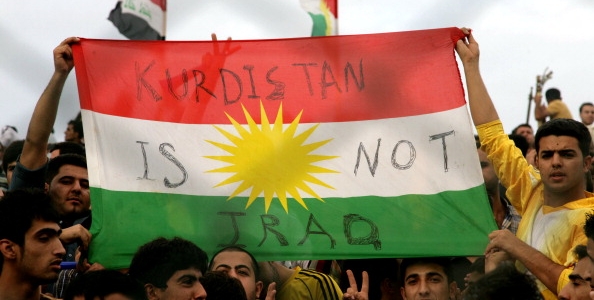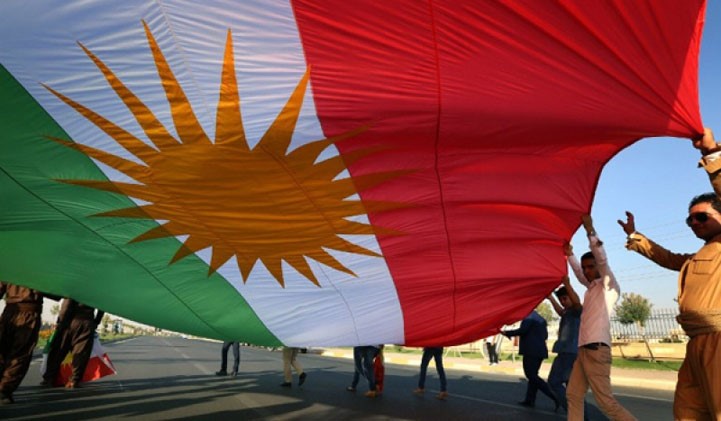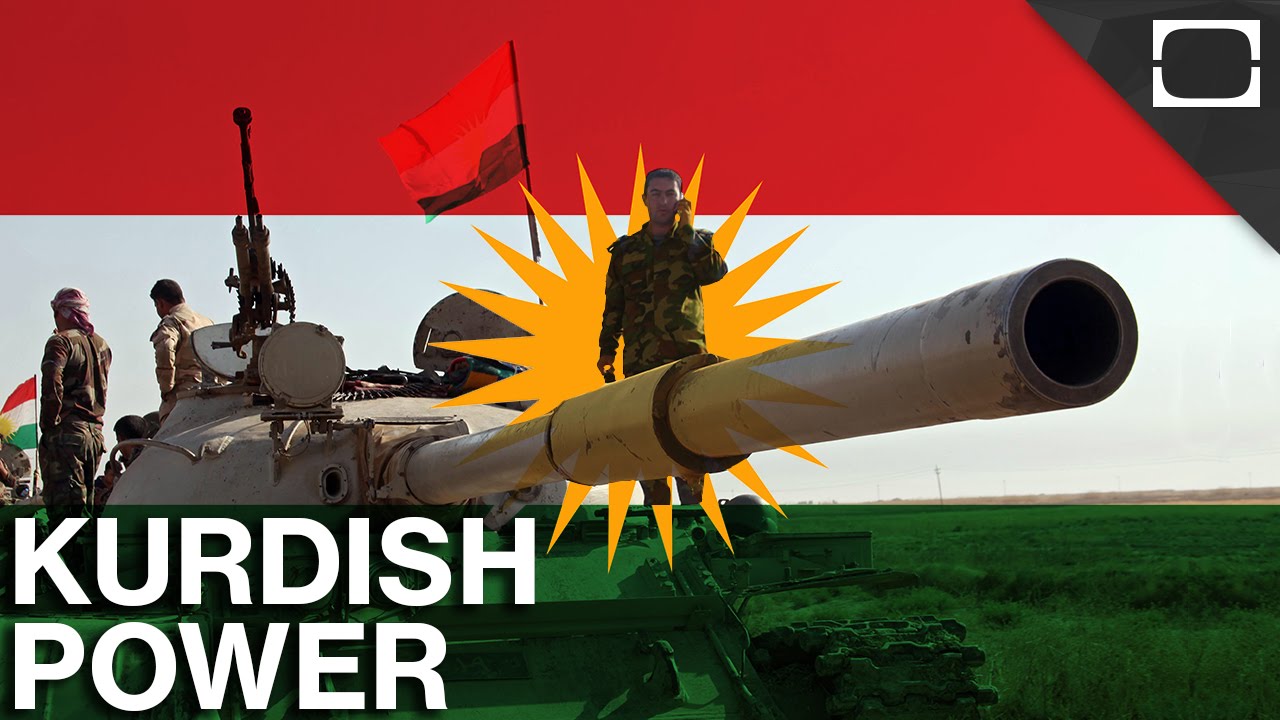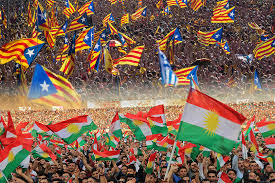Southern Kurdistan (Iraqi Kurdistan) is an autonomous region possessing its legal government, parliament, and president. Although and regrettably, it is yet to secede from Iraq and declare its independence in which is what does not afford the region exercise its sovereignty, but it does not mean KRG should yet opt avoidance of a repercussion against other regional forces.
The Treaty of Westphalia
In the aftermath of the thirty years war (1618-1648) between the European powers and the treaty of Westphalia, it was multilaterally contracted that no state is allowed to intervene in the internal affairs of the other. This is marked as one of the most fundamental elements of the treaty. When it comes to sovereignty of states including territory, sea, and air, treaty of Westphalia is what appears to be indicated. Thereby, the treaty primarily placed an eye on those deviating from it and if and when a state violated the treaty, she would be condemned by the treaty participants. Let’s not today forget the presence of International law and the United Nations as the generator of the international law who were constructed by states and accordingly do never permit any violation of the sovereignty of a state by another foreign one.
Southern Kurdistan
Southern Kurdistan (Iraqi Kurdistan) is an autonomous region possessing its legal government, parliament, and president. Although and regrettably, it is yet to secede from Iraq and declare its independence in which is what does not afford the region exercise its sovereignty, but it does not mean KRG should yet opt avoidance of a repercussion against other regional forces.

Noteworthy, one might question, how about Iraq as a country demonstrating her sovereignty rights and use it as a hindrance against any whom violate the sovereignty of not only Kurdistan but Iraq as a whole.
My response would then be, in the post-American invasion of Iraq in 2003, the regional and neighboring states regarded the country as if it could be subject to be intervened. Iraq’s sovereignty has often been violated by the USA, Iran, Turkey and some other regional countries.
Then what logical argument appears to be offered to my statement that if Iraq is non able to preserve its own sovereignty, then how and to what extent it can preserve the recognition and sovereignty of a regional government and a totally different people whom for over three years have been deprived of their own budget by Iraq’s government? Iraqi Government is weak and has even proven to be such versus the radical terrorist groups who rose up time and again after 2003.
KRG
Successively, KRG must exercise its role in preserving its sovereignty and international recognition. My concern is that KRG appears to be silent on the regional interventions in the Kurdistan region.

Iran and Turkey for instance had often bombarded the borders to an extent that such military conducts sometimes resulted in the death of the civilians living in the villages where the airstrikes were conducted, I may not want to now expose the internal displacements and the sever economic damages of such people. later last year, I had written an article circulated in a number of media portals that Turkey’s minister of interior delivered that they would be in Sinjar in Spring so as to fight PKK guerrillas regardless of the existence of a Kurdish government whom had suffered the death of thousands of civilians namely Yezidis on the hands of ISIS terrorists in the city, unfortunately they did in Spring and no action was taken. Furthermore, the presence of PKK in the city is an internal issue and must be resolved by KRG than to be fought by a foreign country whom does not hesitate to violate the sovereignty and recognition of KRG.
Finally, the Kurdistan region is dreaming and approaching to become a state. KRG should then demonstrate the basics and characteristics of a state before becoming a real one. Violation of our borders by Iran and Turkey and picking up a non-counteracting policy cannot consolidate the foundation of our state as well as the foreign policy of our future country.
About the Author : this article was written by Ramiar Jamal, a master student majoring in international politics studying in Italy. Ramiar is a Young Diplomats contributor.
